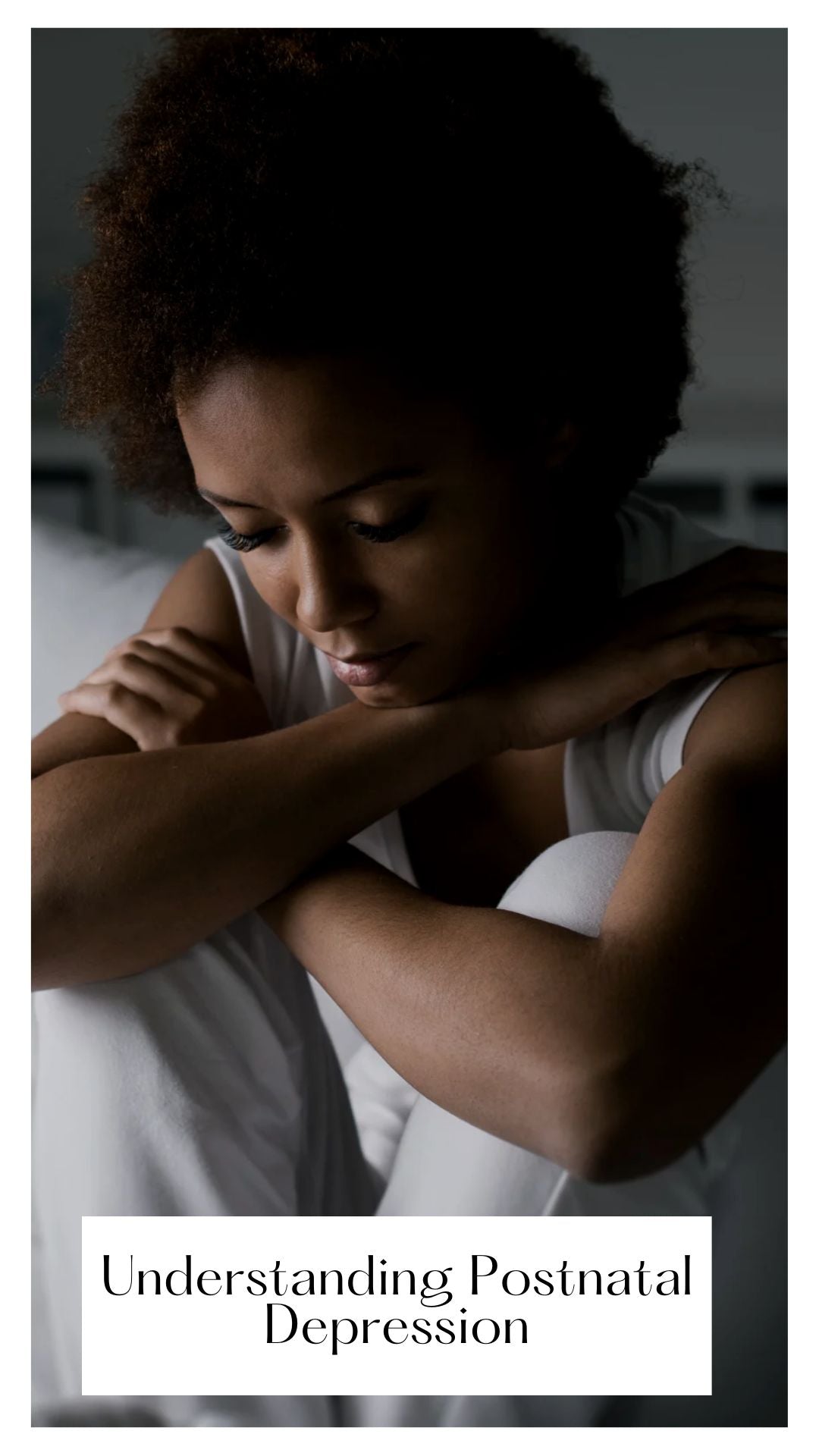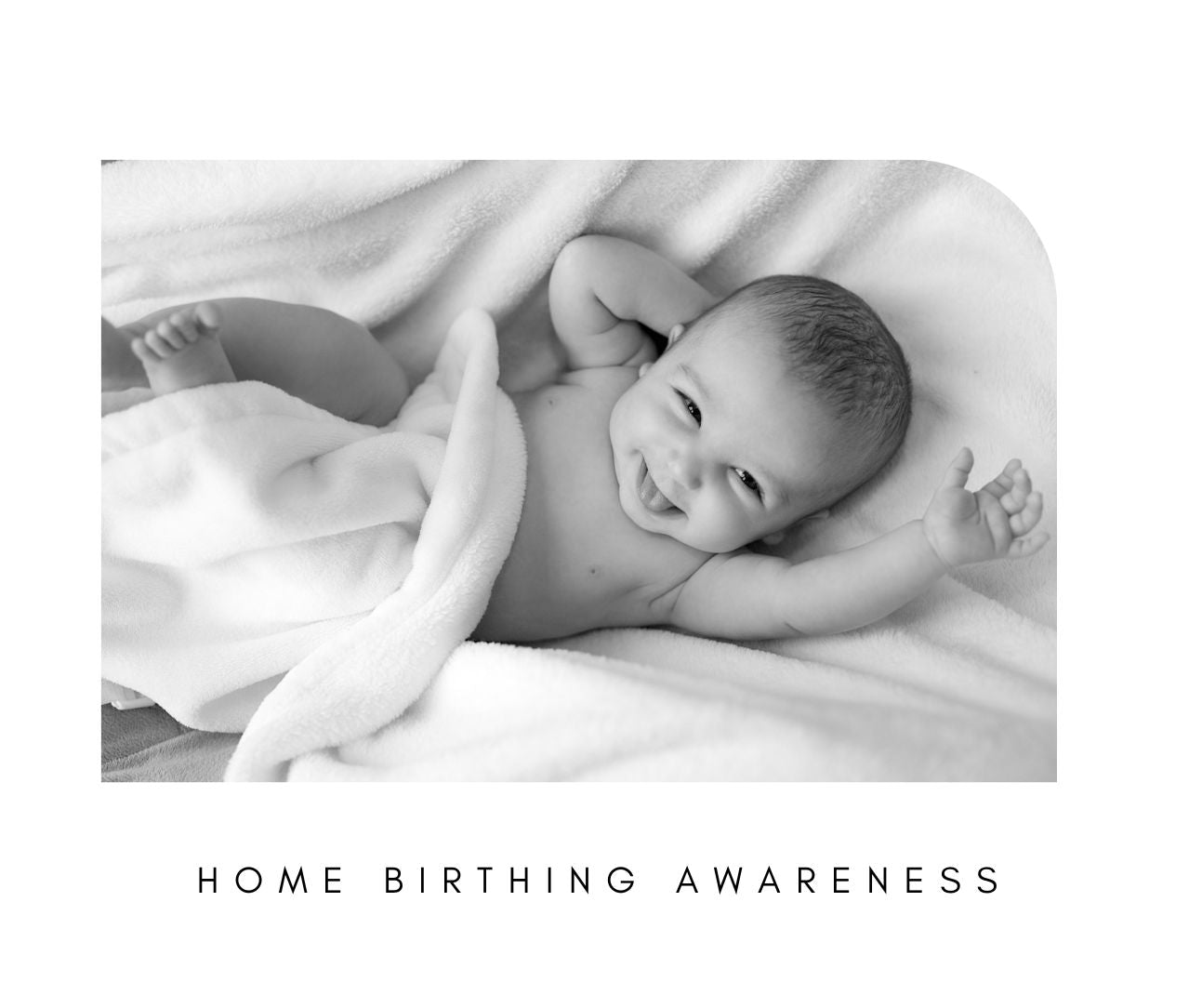Understanding Postnatal Depression

Healing the Heart and Mind after Birth
Becoming a mother is often described as one of the most joyful experiences in life. However, for many new mothers, this period can also be fraught with unexpected challenges, including postnatal depression (PND). This blog is dedicated to shedding light on the impact, misconceptions, prevention, and treatments associated with PND. If you are a new or expecting parent, this guide aims to equip you with the knowledge and resources to better understand and manage this condition.
What is Postnatal Depression?
Postnatal depression is a type of mood disorder that can affect women after childbirth. Unlike the "baby blues," which typically resolve within a couple of weeks, PND is more severe and long-lasting. It can impact a mother’s ability to care for her baby and herself, making early identification and treatment crucial.
Prevalence and Impact
PND affects approximately 1 in 7 women, making it a common experience. The condition can lead to severe emotional distress, impacting a mother's ability to bond with her baby, her relationship with her partner, and her overall quality of life. Ignoring the signs can result in long-term psychological effects, so understanding the prevalence and potential impact is essential for early intervention.
Misconceptions About Postnatal Depression
One of the biggest hurdles in addressing PND is the misconceptions surrounding it. Many people mistakenly believe that PND is a sign of weakness or that it means a woman does not love her baby. These myths contribute to the stigma and discourage new mothers from seeking help. Recognising these misconceptions is the first step towards a more supportive environment.
Emotional and Physical Symptoms
PND manifests in various ways, both emotionally and physically. Common emotional symptoms include feelings of sadness, hopelessness, anxiety, and irritability. Physically, women may experience fatigue, changes in appetite, and sleep disturbances. Understanding these symptoms can help new mothers and their families identify PND early and seek appropriate help.
Risk Factors
Certain factors increase the likelihood of developing PND. These include a history of depression, stressful life events, lack of social support, and complications during childbirth. Being aware of these risk factors allows new mothers and their support networks to be more vigilant and proactive in seeking help.
The Role of Hormones
Hormonal fluctuations after childbirth are a significant contributor to PND. The dramatic drop in oestrogen and progesterone levels can affect mood and emotional well-being. While hormonal changes alone are not the sole cause of PND, they can exacerbate other risk factors, making it essential to consider hormonal balance as part of the overall picture.
Prevention Strategies
While it may not be possible to prevent PND entirely, certain strategies can reduce the risk. These include maintaining a balanced diet, regular physical activity, adequate sleep, and engaging in stress-reducing activities. New mothers should also seek support from family and friends and consider joining support groups for additional emotional and practical assistance.
Importance of Early Detection
Early detection of PND is crucial for effective treatment. Regular postpartum check-ups provide an opportunity to discuss emotional well-being with healthcare providers. Tools like the Edinburgh Postnatal Depression Scale (EPDS) can help in assessing the risk and severity of PND, enabling timely intervention.
Treatment Options
There are several effective treatments for PND, including psychotherapy, medication, and lifestyle changes. Cognitive-behavioural therapy (CBT) and interpersonal therapy (IPT) are commonly used therapeutic approaches. Antidepressant medications may also be prescribed, but it is important to discuss potential risks and benefits with a healthcare provider, especially if breastfeeding.
The Importance of Support Systems
Support from family, friends, and healthcare providers plays a vital role in managing PND. Partners can offer emotional and practical support, while healthcare providers can guide treatment options. Peer support groups also provide a safe space for sharing experiences and coping strategies, reducing feelings of isolation.
Self-Care for New Mothers
Self-care is a critical component of managing PND. New mothers should prioritise activities that promote relaxation and well-being, such as mindfulness practices, hobbies, and adequate rest. It is also important to set realistic expectations and not hesitate to ask for help when needed.
The Role of Healthcare Providers
Healthcare providers, including obstetricians, paediatricians, and mental health professionals, are essential in the management of PND. They can offer screening, diagnosis, and treatment options, as well as provide resources and referrals to specialised care. Regular communication with healthcare providers ensures comprehensive care for both mother and baby.
Encouraging Open Conversations
Creating an open and supportive environment for discussing PND is crucial. Encouraging new mothers to share their feelings without judgment can lead to early detection and treatment. Public awareness campaigns and educational programs can also play a significant role in reducing stigma and promoting mental health.
Long-Term Outlook
With appropriate treatment and support, most women recover fully from PND. Early intervention and continuous care are key to preventing long-term psychological effects. By prioritising mental health, new mothers can enjoy a more fulfilling and joyful parenting experience.
In Summary
Understanding postnatal depression is the first step towards creating a supportive and informed community for new mothers. By recognising the impact, debunking misconceptions, and implementing prevention and treatment strategies, we can ensure that new mothers receive the care they need. If you or someone you know is struggling with PND, do not hesitate to seek help. Healthcare providers and support networks are there to assist you on the path to recovery. For more personalised guidance, consider booking a consultation with a mental health professional. Remember, you are not alone, and help is available.
~ jinki.com




